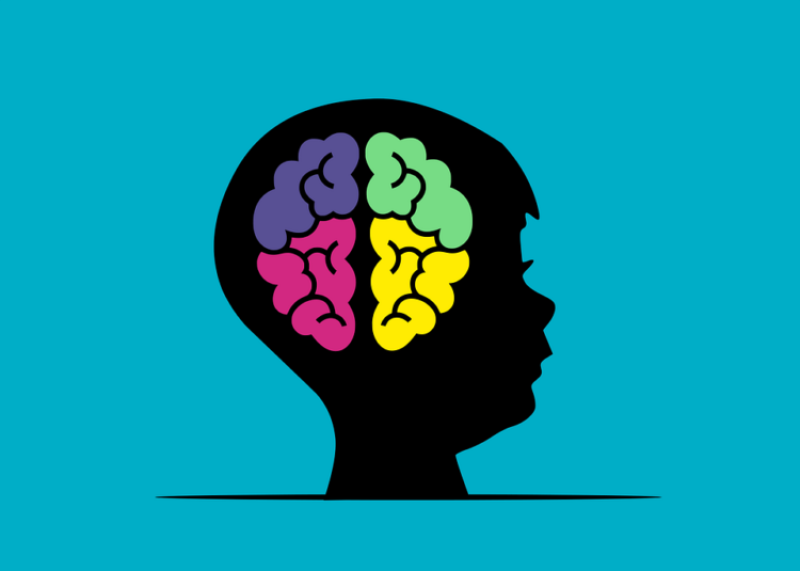Autism rates tripled among children in the New York and New Jersey metropolitan area from 2000 to 2016, according to a study published [January 26] in the journal Pediatrics.
…
Advances in diagnostic capabilities and greater understanding and awareness of autism spectrum disorder seem to be largely driving the increase, the Rutgers researchers said. But there’s probably more to the story: Genetic factors, and perhaps some environmental ones, too, might also be contributing to the trend.
Much of the risk of developing autism — around 83%, according to one analysis — comes from inherited genetic factors. [Santhosh] Girirajan estimated that 2,000 to 3,000 genes contribute to autism, although just 100 are consistently associated with the disorder.
A child can inherit risk factors from one or both parents, and older parents carry higher risks of having children with autism.
“We do see trends over time in parents waiting to have children, so certainly some of the increase could be explained by parental age,” said Jennifer Durocher, a clinical associate professor of psychology at the University of Miami.
Girirajan said environmental factors, like exposure to air pollution, probably aren’t significant contributors, but they could aggravate underlying genetic risks.































